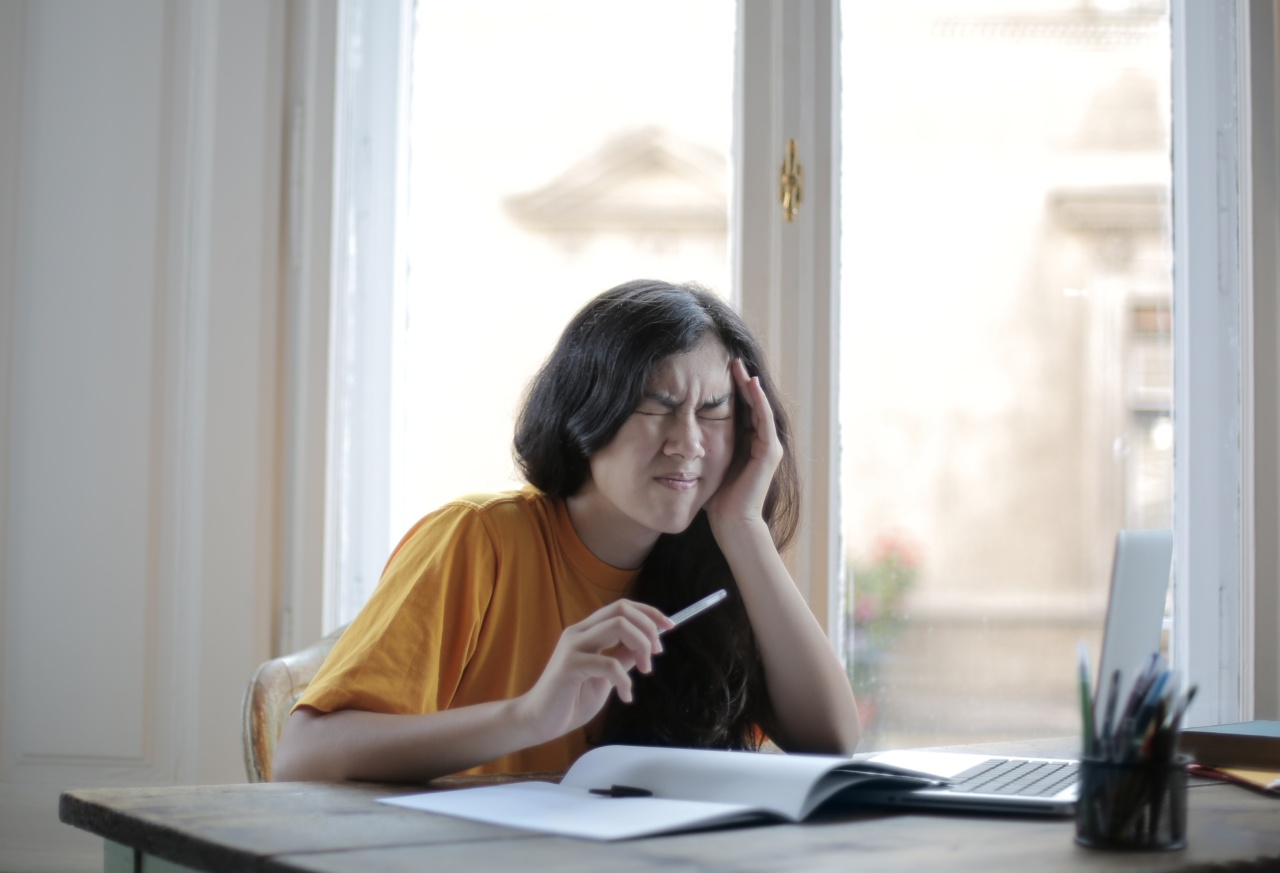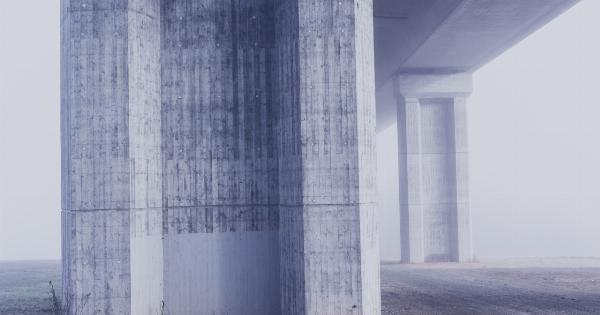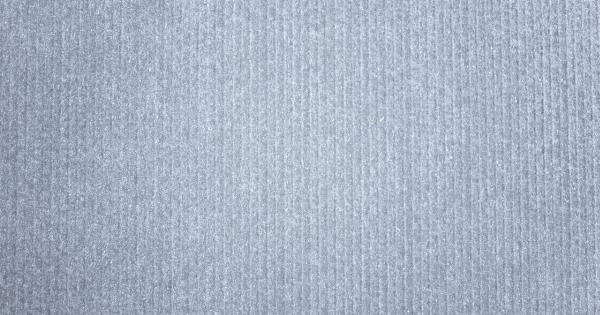Most people start their day with a cup of coffee as it helps them wake up and feel energized. However, some individuals may experience migraines after having their morning coffee.
In recent years, several studies have been conducted to investigate the link between coffee and migraines. In this article, we will explore the findings of these studies and try to understand how coffee may trigger migraines in some people.
What are migraines?
Migraines are a type of headache that can range from moderate to severe. People who suffer from migraines often experience throbbing pain on one side of the head, sensitivity to light and sound, and nausea.
Migraines can last for a few hours or even days, and they can significantly affect a person’s quality of life.
How does coffee affect migraines?
The caffeine content in coffee is what makes it so popular among people who need a quick pick-me-up. However, caffeine can also trigger migraines in some people.
Studies have shown that caffeine causes constriction of blood vessels in the brain, which can lead to headaches and migraines. Moreover, caffeine can also affect the release of certain neurotransmitters in the brain, which can further aggravate migraines.
What do the studies say?
A study published in the Journal of Headache and Pain found that caffeine intake was significantly higher in people with migraines compared to those without migraines.
The study also found that caffeine consumption was associated with a higher risk of chronic migraines. Another study conducted in Norway found that caffeine withdrawal could also trigger migraines in some people. The study concluded that reducing caffeine intake could be an effective way to prevent migraines.
How much coffee is too much?
The relationship between coffee and migraines is complex, and it varies from person to person.
While some people can tolerate a moderate amount of coffee without any adverse effects, others may experience migraines even after consuming a small amount of coffee. As a rule of thumb, it is best to limit coffee intake to two cups per day. If you are prone to migraines, it may be helpful to reduce your coffee intake or avoid it altogether.
Are there any alternatives to coffee?
If you are a coffee lover but suffer from migraines, you may want to explore some alternatives to coffee. One option is to switch to decaf coffee, which has significantly less caffeine compared to regular coffee.
You can also try other drinks such as herbal tea, lemon water, or coconut water to keep yourself hydrated and energized.
Conclusion
Coffee is undoubtedly a popular beverage, but it may not be suitable for everyone. People who suffer from migraines may want to be cautious while consuming coffee as it can trigger migraines.
While the link between coffee and migraines is still not fully understood, studies have shown that reducing coffee intake could be an effective way to prevent migraines. If you experience migraines after consuming coffee, it may be helpful to switch to decaf coffee or explore other alternatives to coffee.



























